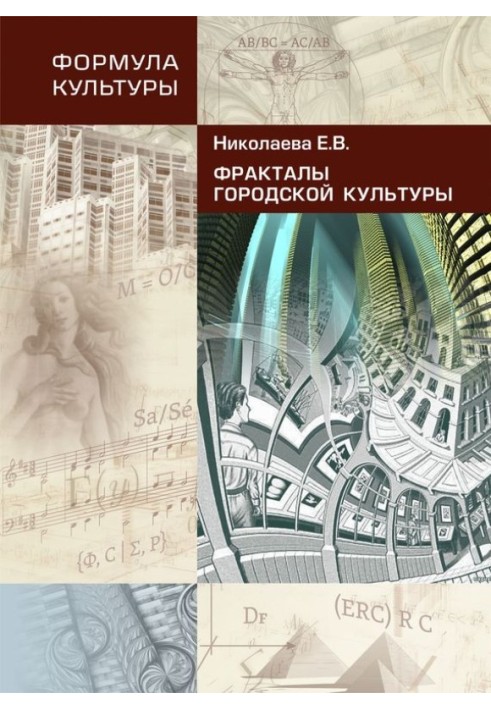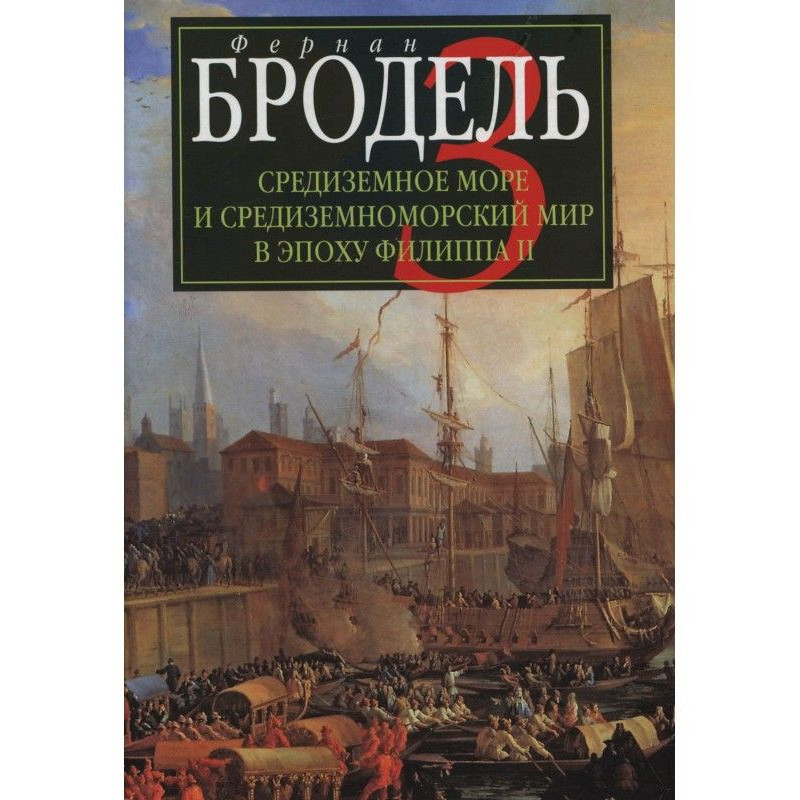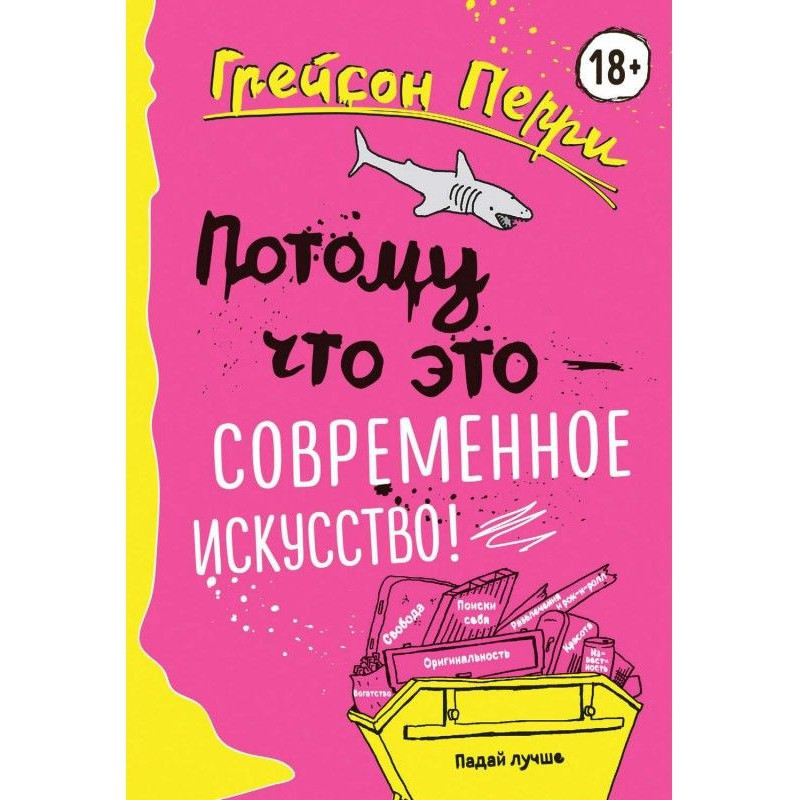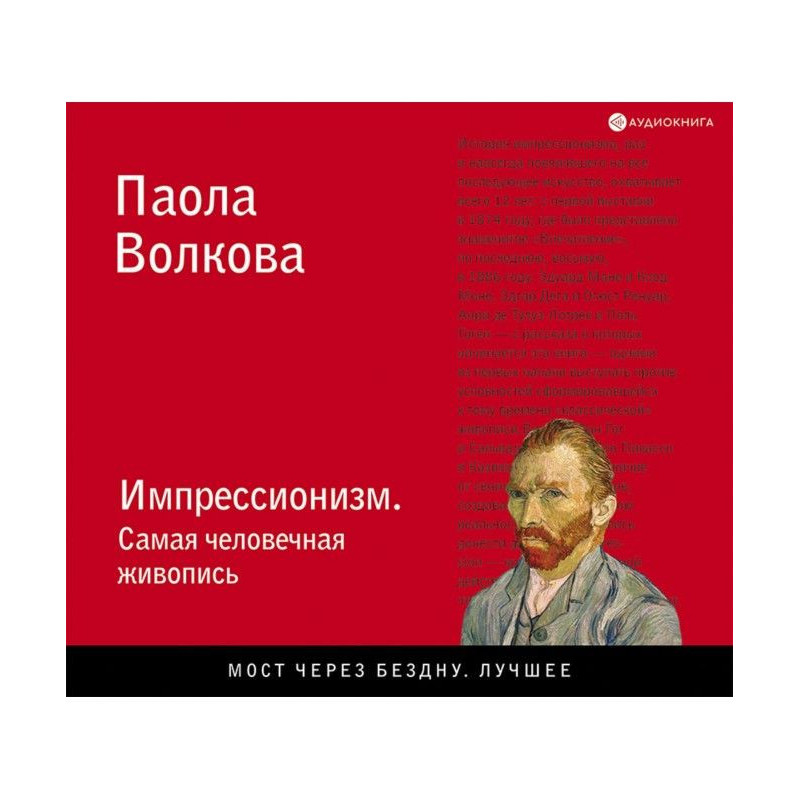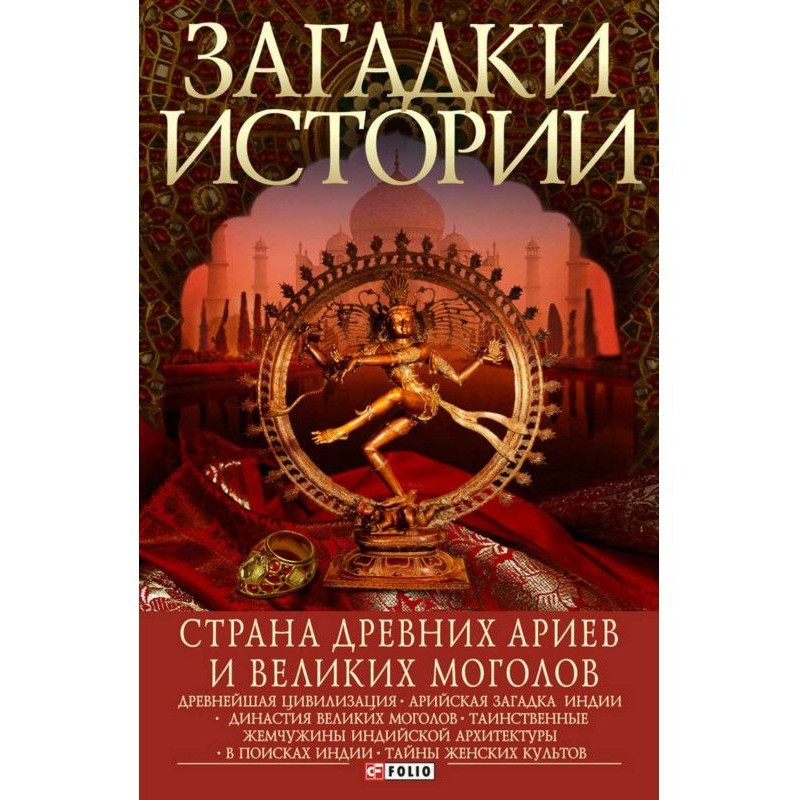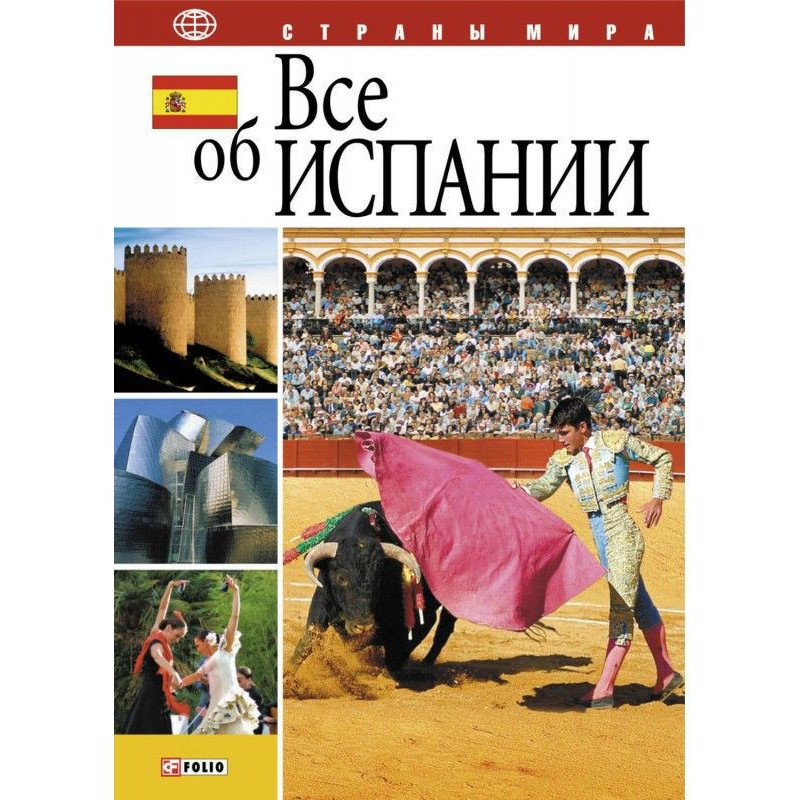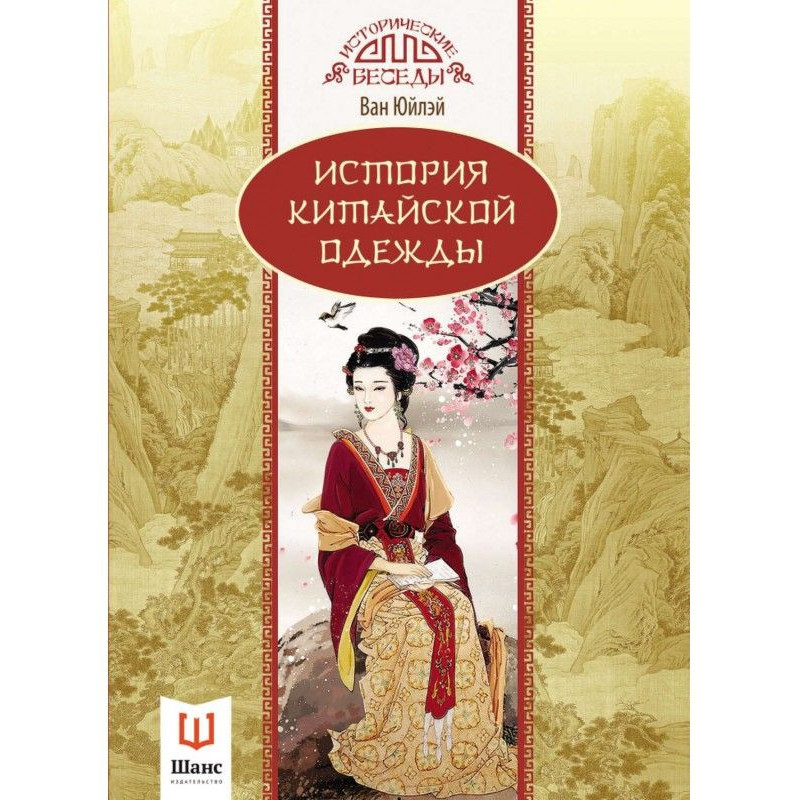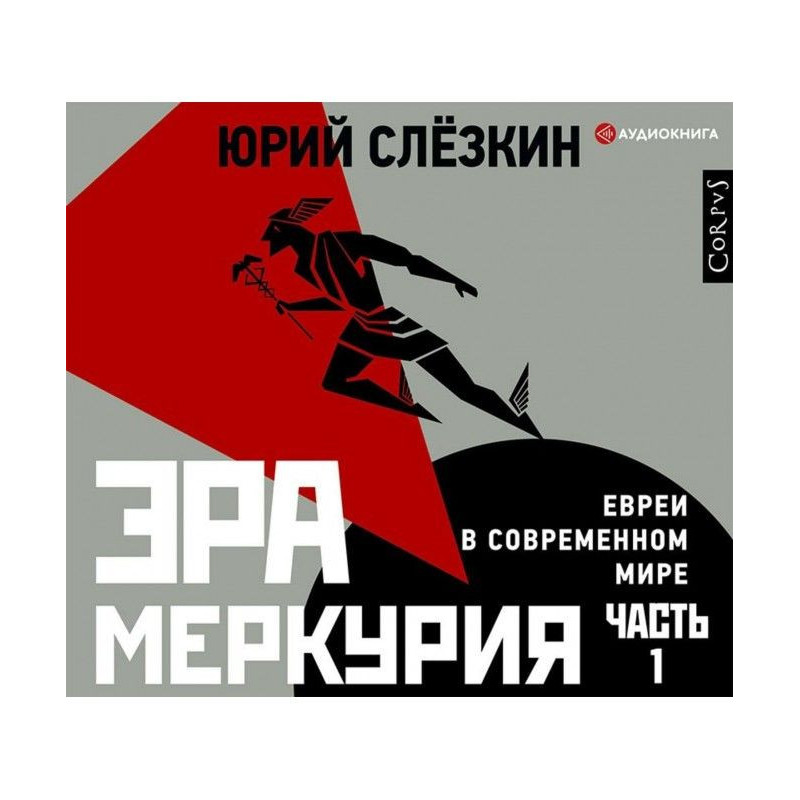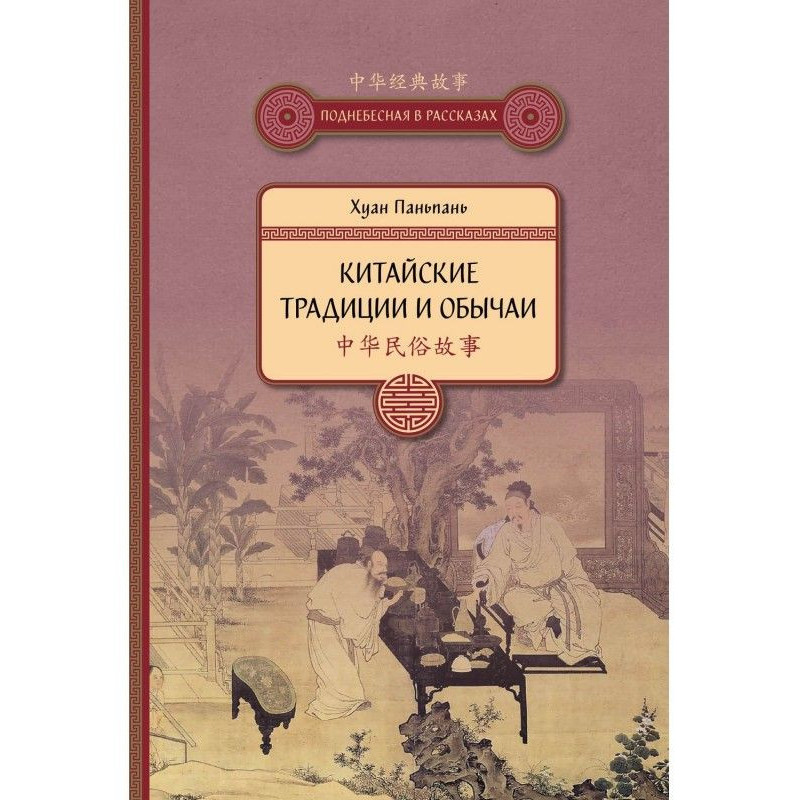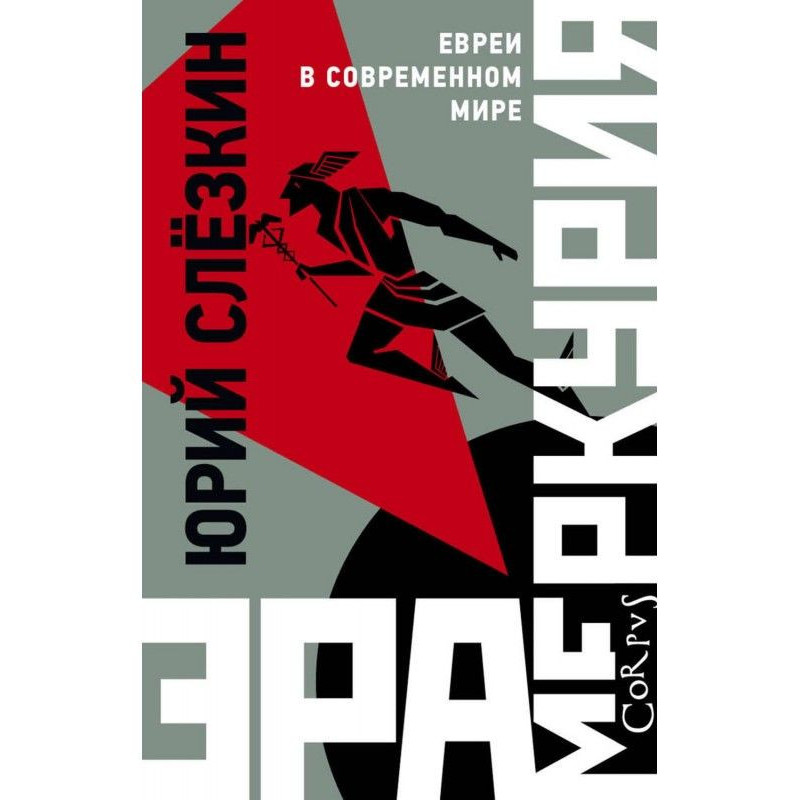Fractals of urban culture
 Instant download
Instant download
after payment (24/7)
 Wide range of formats
Wide range of formats
(for all gadgets)
 Full book
Full book
(including for Apple and Android)
The monograph is devoted to understanding the spatial and semantic “labyrinths” of (post)postmodern urban culture from the perspective of digital humanities, in particular the concept of fractality. The concepts of “fractal”, “fractal pattern”, “multifractal”, “attractors” and “strange feedback loops” in their cultural aspects make it possible to see fractal shapes of history and culture in urban everyday life, in the sociocultural practices of the festive and night metropolis. Streets and city blocks, monuments and sculptures, mannequins and street performers, advertising billboards and museum artifacts, libraries and shopping centers, fire extravaganzas and art projects - like the city as a whole - create endless fractal "patterns" of local and world culture. The book is designed to a wide range of readers, including specialists in cultural studies, philosophy, social and cultural anthropology, teachers and students of humanities universities, everyone interested in urban culture and new angles of its research.
Data sheet
- Name of the Author
- Елена Николаева Валентиновна
- Language
- Ukrainian
- Release date
- 2014
Reviews
Вражаюче дослідження міської культури через призму фрактальності!
Ця монографія відкриває нові горизонти в розумінні складних взаємозв'язків між простором, культурою та соціальними практиками. Автор майстерно поєднує концепції фракталів з реаліями сучасного мегаполісу, що дозволяє читачеві побачити звичні елементи міського життя з абсолютно нового ракурсу. Вулиці, пам'ятники, вуличні артисти та навіть рекламні білборди стають частинами складного фрактального візерунка, що відображає багатогранність нашої культури. Книга буде цікавою не лише фахівцям у галузі культурології, але й усім, хто прагне глибше зрозуміти, як сучасні міста формують нашу ідентичність. Єдине, що може трохи відволікати, це деякі недосконалості в перекладі, але вони не зменшують загальної цінності роботи. Рекомендую всім, хто цікавиться новими підходами до дослідження міської культури!

